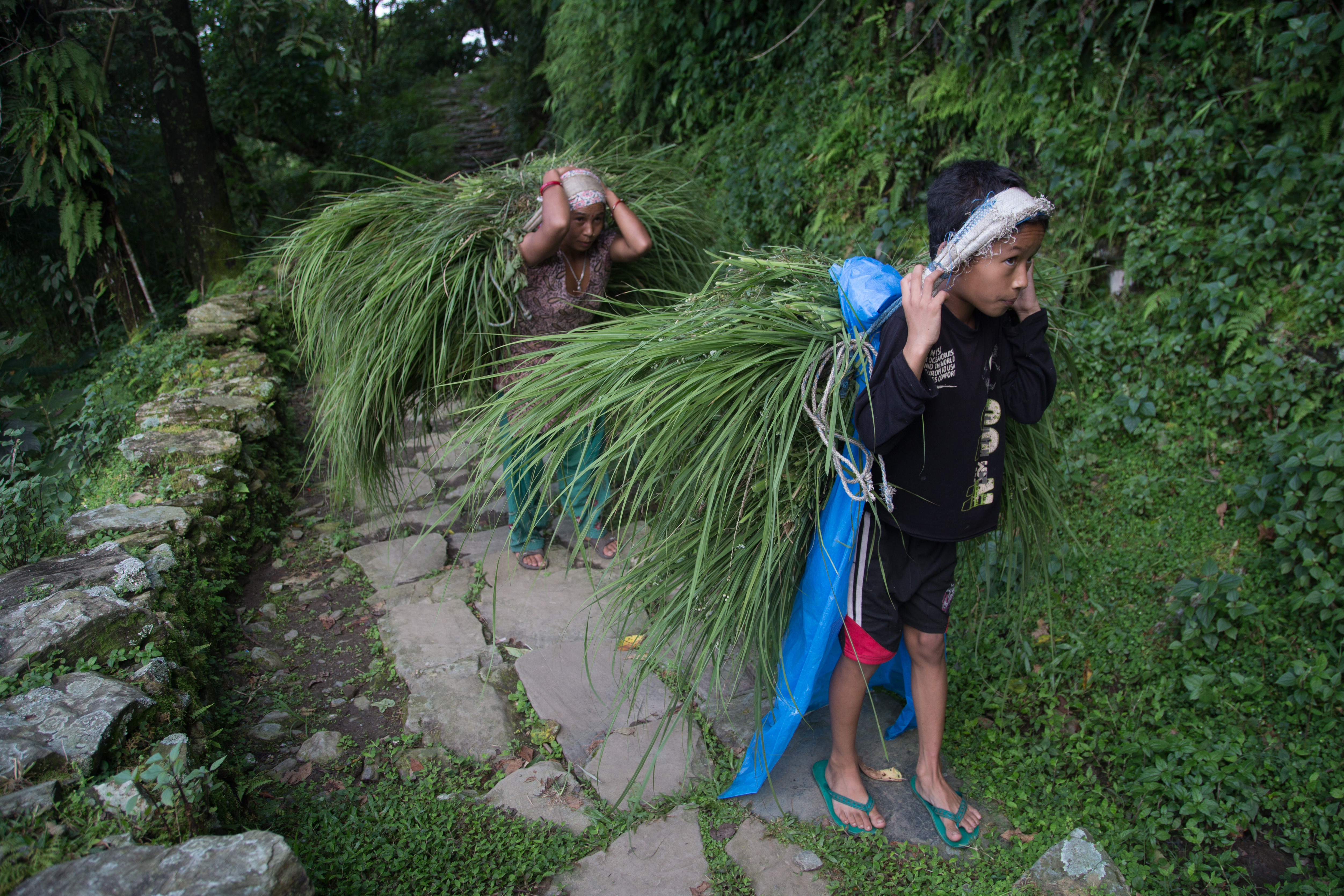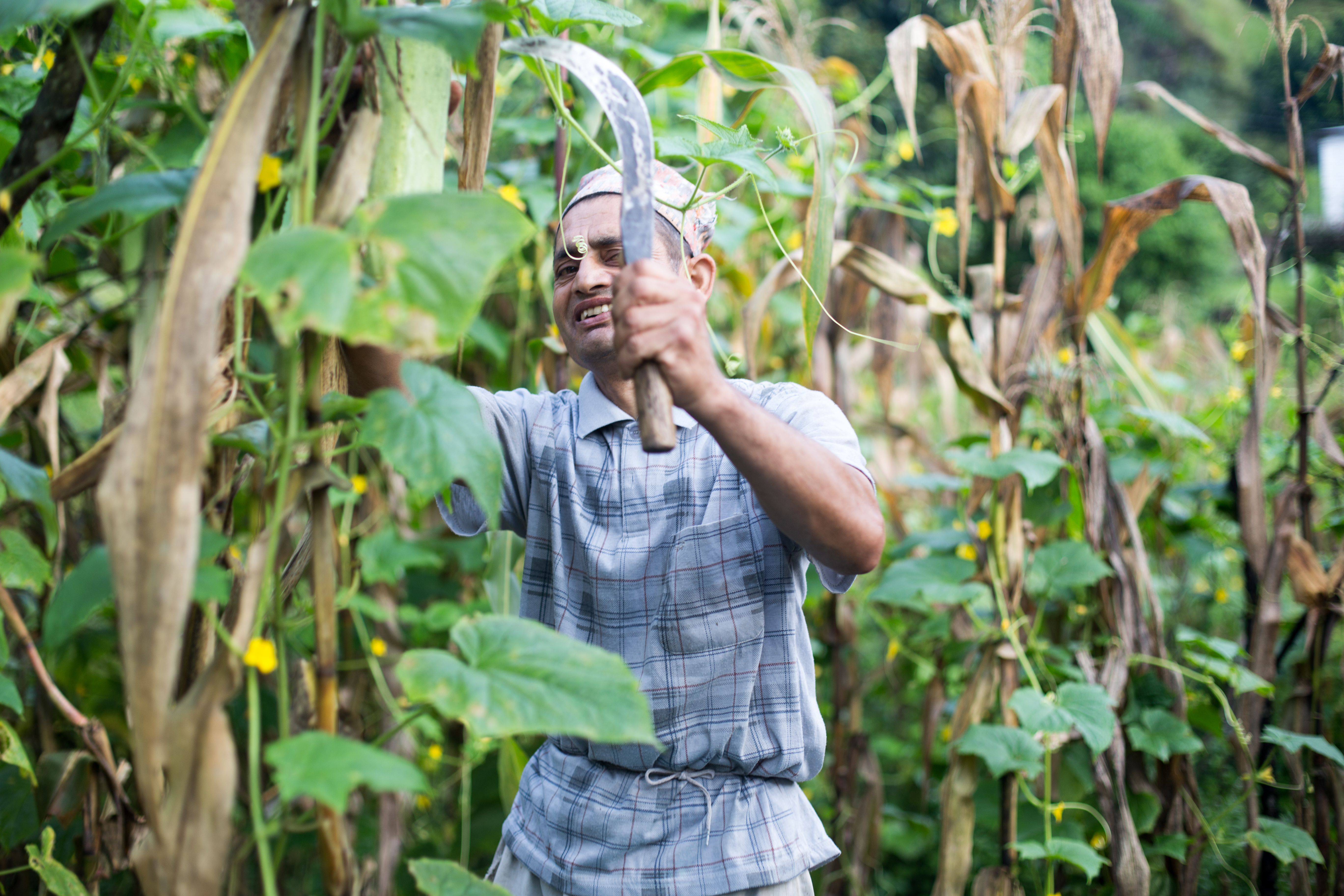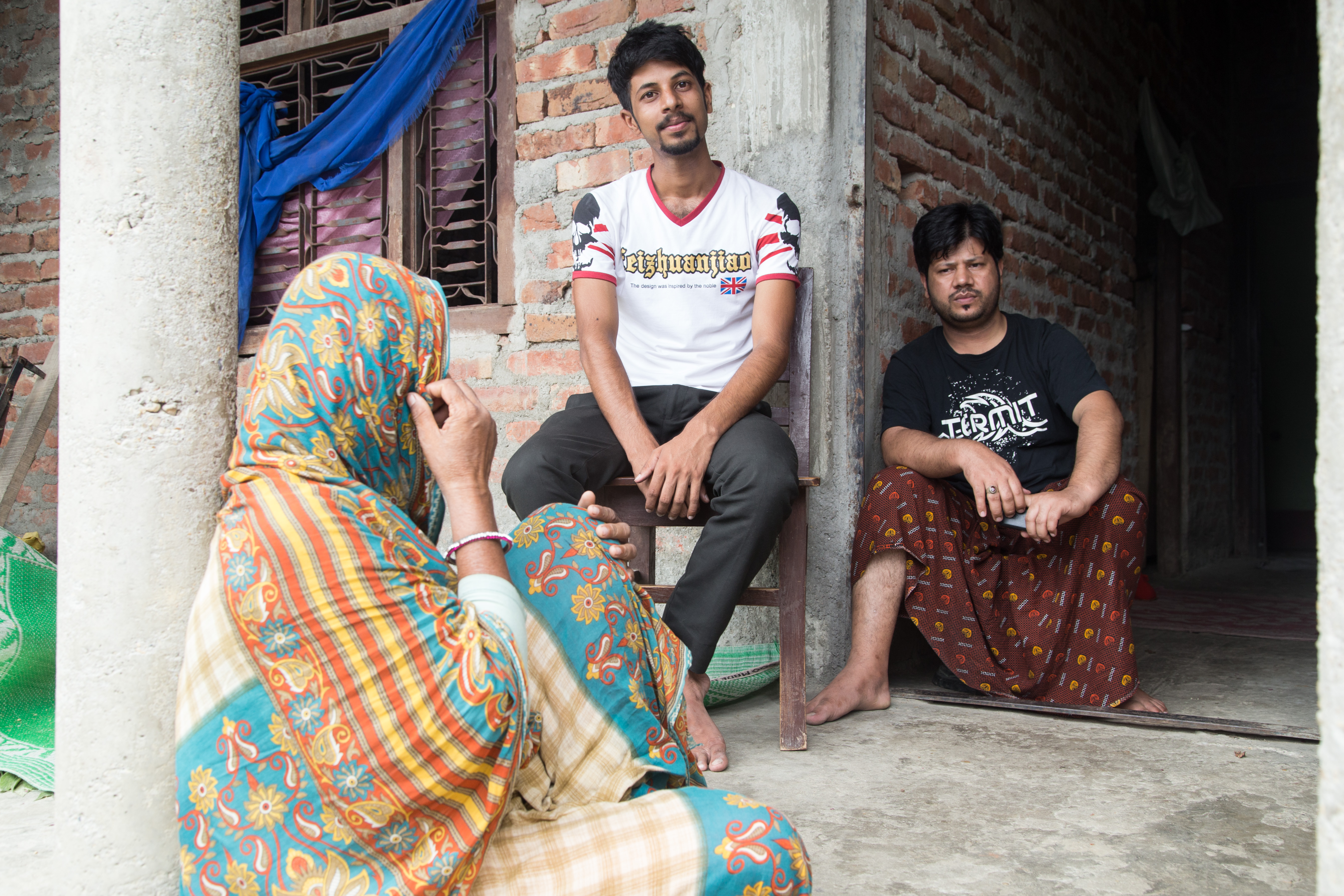
Of the 27 million people that make Nepal's population, around 2,000 leave for gulf nations every day seeking work.
Some leave to pursue dreams, and others to earn and survive. A common thread holds these migrant workers together—they leave for opportunities and to support their families.
In many cases, these migrants are the only able-bodied sons or daughters from families already struggling to put foods on their plates. To pay for these trips, they sell whatever property they have or borrow money, leaving themselves in debt.
However, in recent years, for many such hopefuls, the journey ends in caskets brought to Kathmandu. Every day, about two caskets arrive and the cause is mostly attributed to cardiac arrests.
In 2014, approximately 700 Nepalis were killed abroad; the number's expected to rise this year.
Multiple reports claim that these migrants work 16-hour days in harsh conditions and then return to horrific living conditions—some label it "modern day slavery."
Women, most of them domestic workers, also fall victims to human and sex trafficking and the deplorable conditions lead to depression and suicides.
Left mourning are orphans, widows, bereaved parents with unpaid debt, and no income.
And, in addtion, mass migration of young people to cities and abroad has emptied many villages of young minds.
-
×
 English
English






